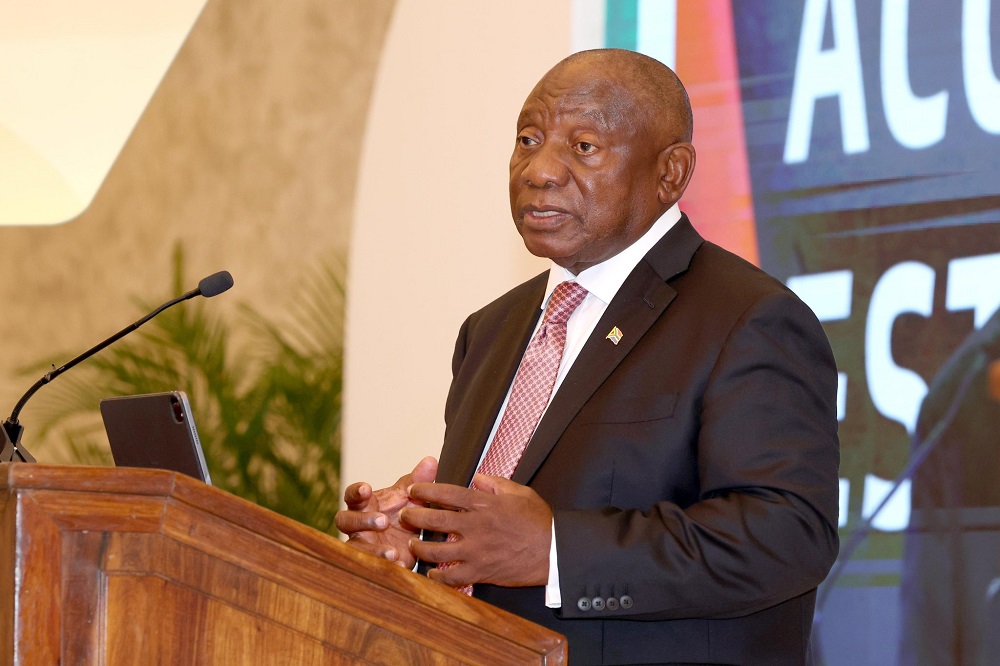-
People are encouraged to buy property well within their budget
There is good news for first-time property buyers and property investors as National Treasury has adjusted property transfer duty brackets. According to the 2025 budget, transfer duty brackets change by 10% on property purchases of less than R1.210 million. This means that there will be no transfer duty payable on these properties.
The 2025 budget was the first budget delivered under the new multi-party Government of National Unity.
Economists say the budget prioritises fiscal consolidation while investing in infrastructure and supporting vulnerable households. They have described it as a ‘compromise budget’.
The 10% adjustment is positive news for residential real estate players including developers and Real Estate Investment Trusts with large residential exposure.
FNB Integrated Advice Product Head, Ester Ochse, says, “Interestingly, what has happened, and which is good news for the consumer out there, specifically the ones looking at their wealth creation journey through property purchase, there has been a bracket creep change on the transfer duty of property that’s been upped by 10%.”
Momentum says while the budget offers no dramatic tax increases, economic uncertainties remain.
Meanwhile, it urges South Africans to adjust their budgets and plan for long-term stability.
At the same time, Standard bank Deputy CEO, Kenny Fihla says consumers are slowly recovering from the high interest rates in recent years.
“The consumer is still under strain, just given the heightened interest rate environment and given the high unemployment levels that we have. But the environment is starting to be a bit positive. The (only) delinquents which is really the only defaults that we tend to see in our loan book is definitely coming down, which means consumers are beginning to be slightly better off relative to where they were, say, a year ago. We are also seeing an increased demand for credit in the home loan space, which is why the growth,” says Fihla.
Economists say while the budget has been tabled, it has not yet been approved, and as a result, uncertainty remains. This could impact the perception of stability in government and may induce volatility from a financial markets’ perspective.











